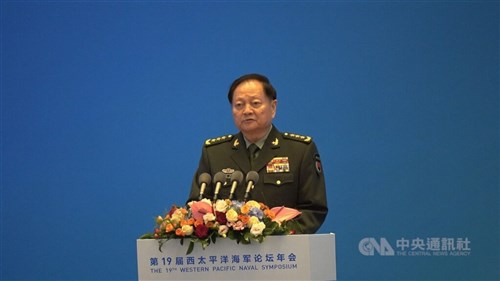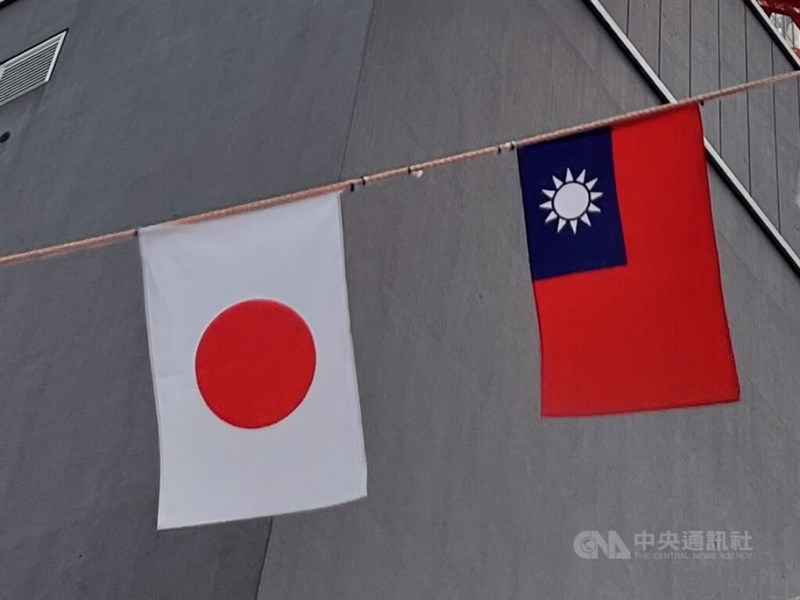Taiwanese scholars said that Washington's approach to Taiwan over the next four years will likely be "unpredictable" after former U.S. President Donald Trump was elected to a second term on Wednesday.
(Full text of the story is now in CNA English news archive. To view the full story, you will need to be a subscribed member of the CNA archive. To subscribe, please read here.)
More in ANALYSIS
![Xi's military purge raises Taiwan miscalculation risk: Experts]() Xi's military purge raises Taiwan miscalculation risk: ExpertsChinese President Xi Jinping's (習近平) ongoing purge of senior military leaders, most recently targeting top general Zhang Youxia (張又俠), could help him consolidate power and potentially increase the risk of strategic miscalculation over Taiwan, according to experts.01/27/2026 09:31 PM
Xi's military purge raises Taiwan miscalculation risk: ExpertsChinese President Xi Jinping's (習近平) ongoing purge of senior military leaders, most recently targeting top general Zhang Youxia (張又俠), could help him consolidate power and potentially increase the risk of strategic miscalculation over Taiwan, according to experts.01/27/2026 09:31 PM![Japan vote a 'high-stakes gamble' of importance to Taiwan: Experts]() Japan vote a 'high-stakes gamble' of importance to Taiwan: ExpertsWidely seen as the most Taiwan-friendly Japanese prime minister since Shinzo Abe, Sakae Takaichi dissolved the House of Representatives on Friday three months after taking office, setting the stage for a snap election on Feb. 8 as she attempts to consolidate her leadership.01/24/2026 05:55 PM
Japan vote a 'high-stakes gamble' of importance to Taiwan: ExpertsWidely seen as the most Taiwan-friendly Japanese prime minister since Shinzo Abe, Sakae Takaichi dissolved the House of Representatives on Friday three months after taking office, setting the stage for a snap election on Feb. 8 as she attempts to consolidate her leadership.01/24/2026 05:55 PM![Not time to worry about TSMC's reported expansion in U.S.: Experts]() Not time to worry about TSMC's reported expansion in U.S.: ExpertsSpeculation surrounding Taiwan Semiconductor Manufacturing Co.'s (TSMC) potential expansion in the United States should not be overinterpreted, as structural and economic constraints mean such moves are unlikely to weaken Taiwan's central role in advanced chipmaking in the near future, experts said.01/15/2026 08:19 PM
Not time to worry about TSMC's reported expansion in U.S.: ExpertsSpeculation surrounding Taiwan Semiconductor Manufacturing Co.'s (TSMC) potential expansion in the United States should not be overinterpreted, as structural and economic constraints mean such moves are unlikely to weaken Taiwan's central role in advanced chipmaking in the near future, experts said.01/15/2026 08:19 PM
Latest
- Politics
TPP's Huang to continue chair duties while running for New Taipei mayor
01/30/2026 10:31 PM - Business
Taiwan economic growth hits 8.63% in 2025, highest in 15 years
01/30/2026 10:14 PM - Politics
Legislature passes amendment reserving 20% of social housing for newlyweds
01/30/2026 09:15 PM - Cross-Strait
Scholars see short-term dip in China war risk after Xi purges top general
01/30/2026 08:48 PM - Society
Taipei man dies of hantavirus; rodents near residence test positive: CDC
01/30/2026 08:31 PM


